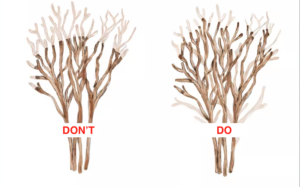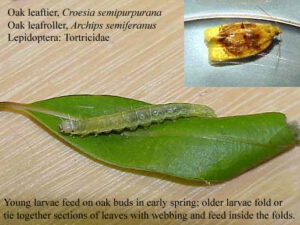Toxic Plants for Pets: How To Protect Your Fur Babies
As pet owners, ensuring the safety and well-being of our furry friends is of utmost importance. While Florida’s natural beauty offers plenty of outdoor adventures for our canine companions, it’s essential to be aware of potential dangers, including poisonous trees. Understanding which trees in Florida can pose a threat to dogs can help us take proactive measures to keep them safe. In this article, we will explore some common toxic plants for pets in Florida, including Angel Trumpet, Oleander, Zamia Coontie (Florida Arrowroot), Zamia Cardboard, and Sago Palm. We will provide tips on how to protect our beloved dogs from these toxic plants.
Angel Trumpet (Brugmansia spp.)
Angel Trumpet, with its trumpet-shaped flowers, is an ornamental tree found in Florida. While visually captivating, all parts of the Angel Trumpet tree are toxic to dogs. Ingesting this plant can lead to symptoms such as dilated pupils, disorientation, rapid heart rate, tremors, and even coma. Immediate veterinary attention is necessary if ingestion is suspected.
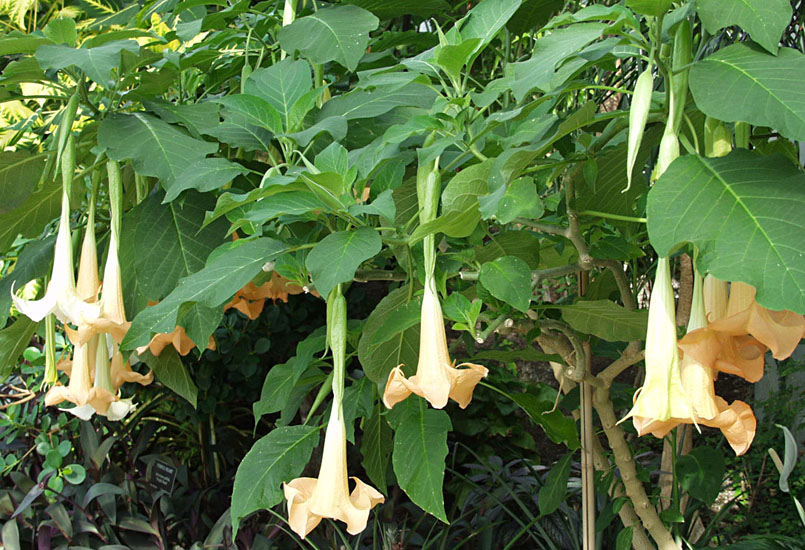
Oleander (Nerium oleander)
Another poisonous tree commonly found in Florida is the Oleander. Known for its beautiful flowers, the entire plant, including the leaves and flowers, contains toxic compounds known as cardiac glycosides. Ingestion of Oleander can lead to serious health issues for dogs, such as gastrointestinal problems, irregular heart rhythm, and even death.
Zamia Coontie (Florida Arrowroot) and Zamia Cardboard (Zamia furfuracea)
Zamia Coontie, also known as Florida Arrowroot, and Zamia Cardboard are native cycad plants found in Florida. Both species contain toxins, particularly cycasin, which can be harmful to dogs if ingested. Symptoms of poisoning may include vomiting, diarrhea, liver damage, and neurological abnormalities.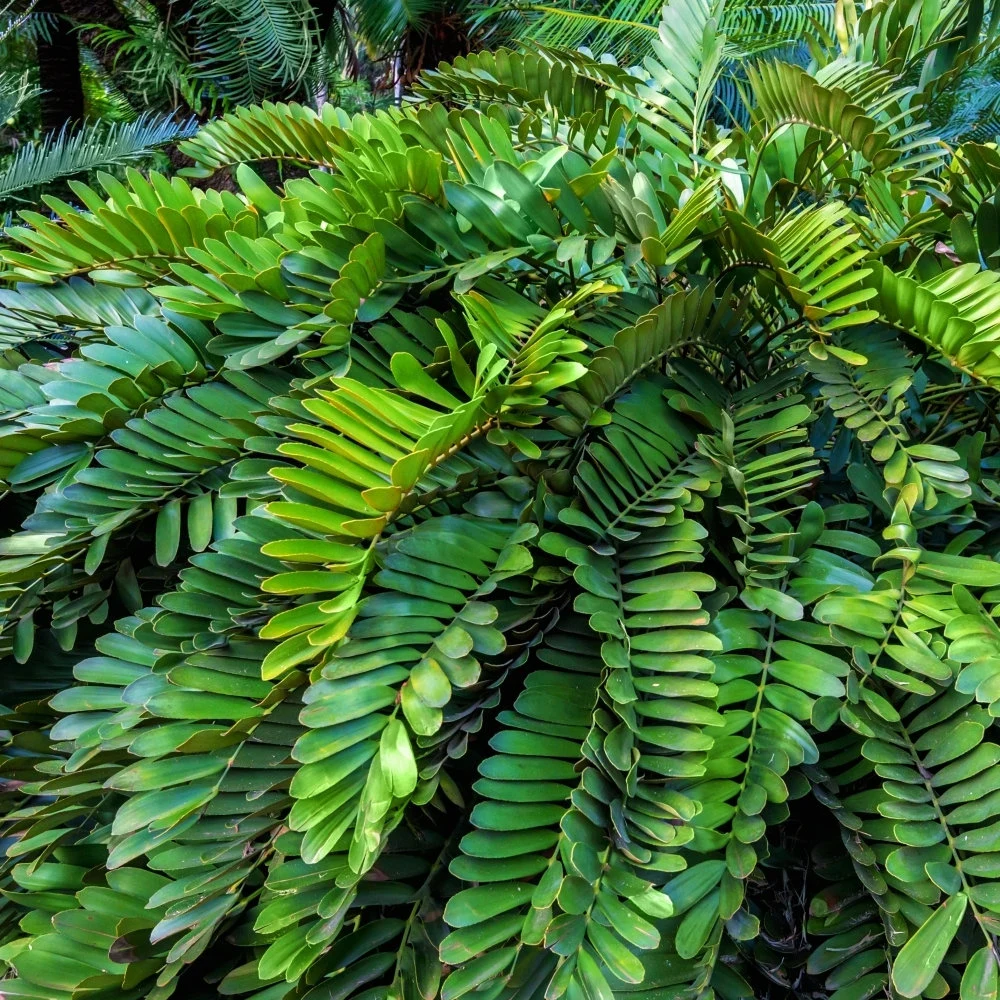
Sago Palm (Cycas revoluta)
One of the most toxic trees for dogs in Florida is the Sago Palm. Although it resembles a palm tree, it is not a true palm but rather a cycad. All parts of the Sago Palm, including the seeds, leaves, and roots, contain a highly toxic substance called cycasin. Ingesting even a small amount can cause severe symptoms, such as vomiting, liver damage, seizures, and in some cases, it can be fatal.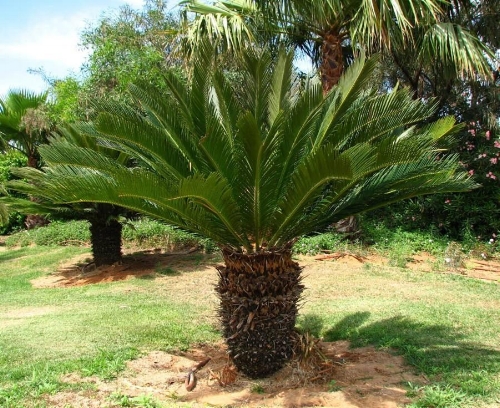
Protecting Your Dogs:
Identification and Awareness: Familiarize yourself with the trees in your surroundings and learn to identify poisonous species such as Angel Trumpet, Oleander, Zamia Coontie, Zamia Cardboard, and Sago Palm. Take note of their distinctive features to avoid any accidental exposure.
Secure Your Yard: If you have potentially poisonous trees on your property, ensure that your yard is securely fenced to prevent your dog from accessing those areas. Consider creating a designated safe space where your dog can roam freely without exposure to toxic plants.
Supervision and Training: Supervise your dog during outdoor activities and prevent them from chewing or ingesting unknown plants. Basic obedience training can also be helpful in teaching your dog to avoid potentially hazardous plants.
Consult a Veterinarian: If you suspect your dog has ingested any part of a poisonous tree or is displaying unusual symptoms, contact your veterinarian immediately. They can provide guidance, diagnose any potential poisoning, and administer appropriate treatment.
Being aware of the poisonous trees in Florida and taking proactive measures can help safeguard our dogs’ health and well-being. By identifying these trees, securing our yards, supervising outdoor activities, and seeking veterinary assistance when needed, we can create a safe environment for our canine companions to enjoy the wonders of Florida’s outdoors without unnecessary risks. Remember, prevention and vigilance are key in protecting our dogs from the dangers posed by poisonous trees.




